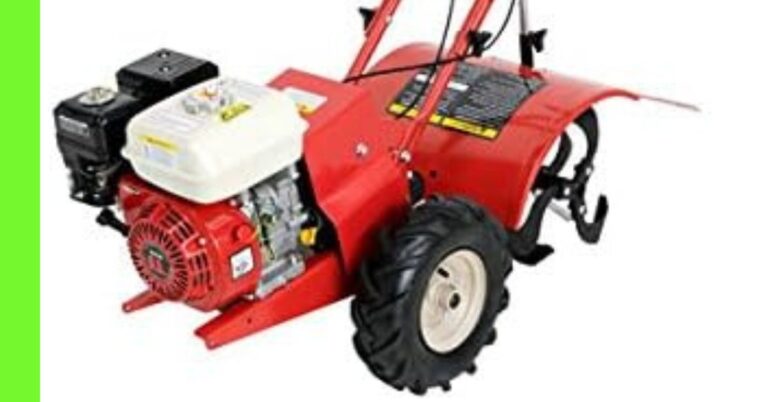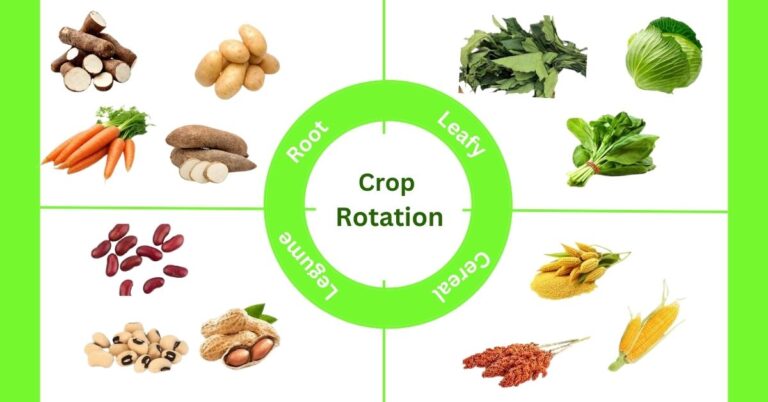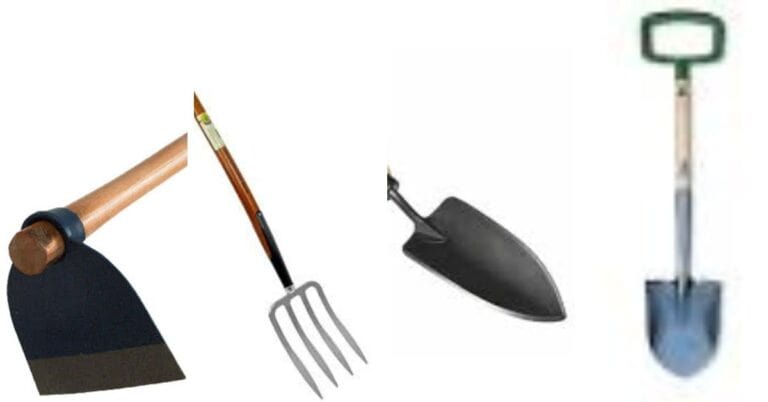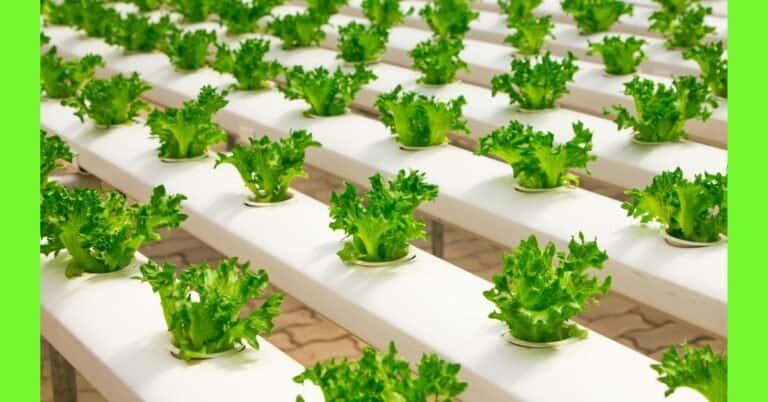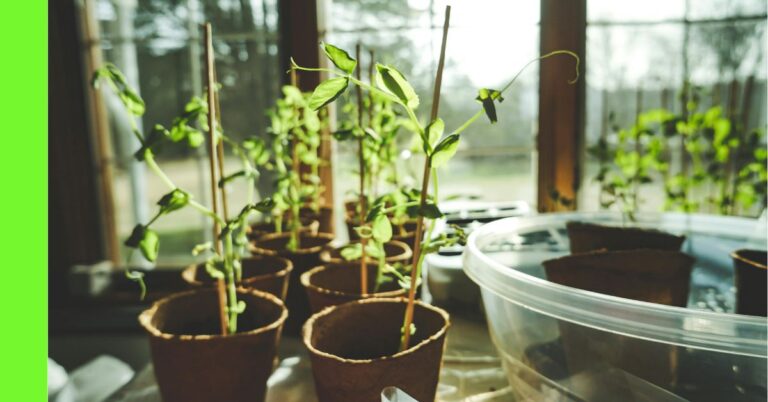How to Identify Quality Seeds Before Planting
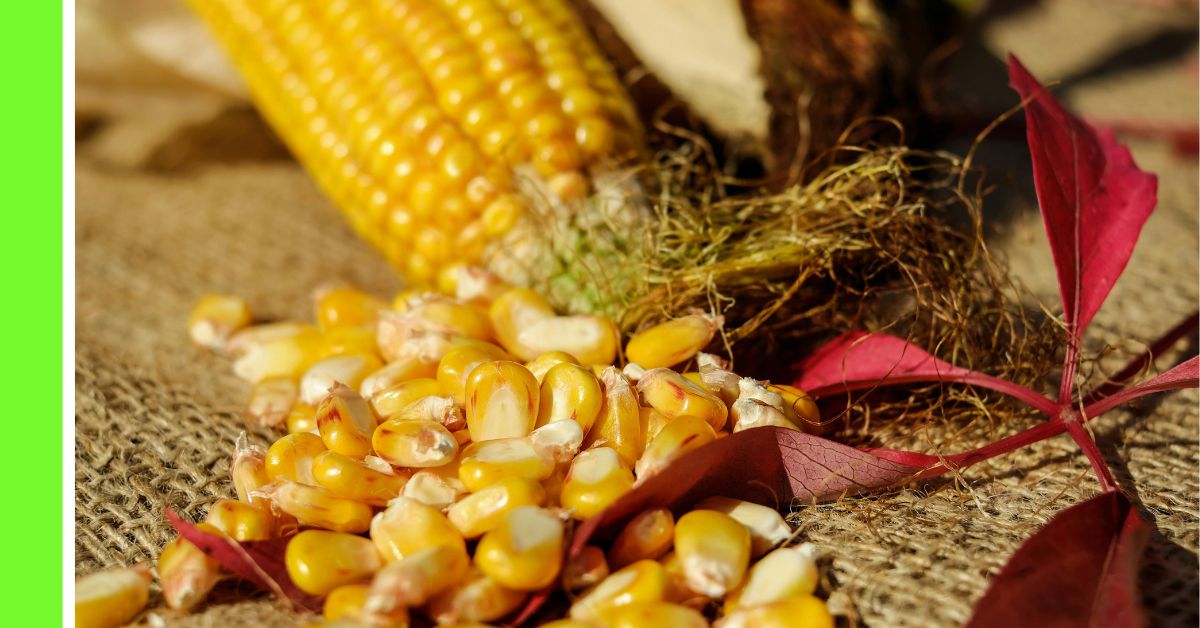
Growing crops starts with one essential input: seeds.
For farmers, especially smallholders and urban gardeners, investing in quality seeds can make the difference between a bountiful harvest and a disappointing yield.
Unfortunately, counterfeit or substandard seeds continue to pose a challenge in the market.
Therefore, understanding how to identify quality seeds before planting is crucial for ensuring productivity, reducing waste, and improving crop yield.
In this article, we will explore the key characteristics of quality seeds, how to identify them, where to get them, and how to store and handle seeds properly.
What Are Quality Seeds?
Quality seeds are seeds that can produce healthy and high-yielding plants.
They are genetically pure, have a high germination rate, are disease-free, and are suitable for the local agroecological zone.
Quality seeds must be adapted to local climates such as humid rainforest, savannah, or arid zones and must comply with standards set by the National Agricultural Seeds Council (NASC).
Characteristics of quality seeds include:
- High germination percentage (usually above 85%)
- Physical purity (free of debris, broken seeds, and other plant materials)
- Genetic purity (true to the variety or species stated)
- Free from pests, diseases, and weed seeds
- Proper moisture content (usually 8–12% for most dry seeds)
- Uniform size, shape, and colour
Why Using Quality Seeds Matters in Nigeria
Using substandard seeds can lead to:
- Poor germination
- Increased susceptibility to pests and diseases
- Low yield and financial losses
- Food insecurity at the household and national levels
With a rapidly growing population, increased pressure on land, and climate variability, farmers must embrace improved inputs like quality seeds to sustain productivity.
Sources of Quality Seeds in Nigeria
To identify and obtain quality seeds, farmers should first buy from certified sources.
In Nigeria, these include:
- NASC-registered seed companies such as Daphman Seeds, Premier Seeds, Value Seeds, and SeedCo
- Agricultural research institutes like NRCRI (National Root Crops Research Institute) and IITA (International Institute of Tropical Agriculture)
- Agricultural extension officers and community seed banks
- Floratalk Hub, an online directory for agro-input suppliers in Nigeria
Avoid purchasing seeds from roadside vendors, open markets, or unknown sellers, as these sources often distribute unlabelled or adulterated seeds.
Learn More: Where to Buy Quality Seeds and Seedlings in Nigeria
How to Physically Inspect Seeds Before Planting
Farmers and gardeners can use simple methods to inspect seeds at home or on the farm before sowing:
1. Visual Examination
Look at the seeds carefully.
Quality seeds are:
- Uniform in size and shape
- Free from discolouration or fungal stains
- Free from holes (which may indicate insect infestation)
- Not shrivelled or cracked
2. Touch and Smell
Rub the seeds gently in your hand:
- Quality seeds feel firm, not soft or rubbery.
- There should be no musty or sour odour, which suggests fungal contamination or spoilage.
3. Float Test
This is a quick way to identify viable seeds:
- Put a sample of seeds (e.g., 100) into a bowl of clean water.
- Stir and allow them to settle for 5–10 minutes.
- Remove the seeds that float — these are usually lightweight, empty, or damaged.
- The seeds that sink are more likely to be viable.
Note: This test works better with larger seeds (e.g., maize, beans, groundnut) than with fine seeds (e.g., amaranth or lettuce).
Germination Testing at Home
To determine the germination rate of a seed batch:
- Count and place 20–100 seeds on moist paper towels.
- Fold the towel and keep it in a warm place (e.g., kitchen cabinet).
- Check daily and keep it moist.
- After 5–10 days (depending on the crop), count how many seeds have sprouted.
If 90 out of 100 seeds sprout, the germination rate is 90%, which is excellent. If fewer than 70 sprout, consider replacing the seeds.
Check Seed Labels and Packaging
Certified seeds in Nigeria must have a clear label approved by NASC. The label typically contains:
- Name of seed variety
- Lot number and batch number
- Germination percentage
- Date of testing and packaging
- Net weight
- Expiry date
- Name and contact of the seed company
Avoid seeds that are expired, unlabelled, or re-packaged in polythene bags without details.
Look for NASC’s SEEDCODEX Tags
The National Agricultural Seeds Council introduced a seed tracking system called SEEDCODEX. It involves tagging certified seed packages with tamper-proof labels that can be scanned using mobile phones.
- Use the USSD code provided by NASC to verify the seed’s authenticity.
- SEEDCODEX helps track the source of seeds and prevents the sale of fake seeds.
Know Your Agroecological Zone
A seed that performs well in Plateau State may not yield much in Rivers State. Nigeria has diverse agroecological zones, including:
- Rainforest (South-South, South-East)
- Savannah (North Central, North-West)
- Arid (North-East)
- Mangrove/Coastal (South-West)
Buy seed varieties specifically bred or tested for your zone. For instance:
- Maize varieties like SAMMAZ 49 thrive in the savannah.
- TME 419 cassava is suitable for humid and sub-humid regions.
Check with local agricultural extension offices for recommended seed varieties in your area.
Store Seeds Properly Before Planting
Even the best seeds can deteriorate if stored poorly. To preserve quality seeds:
- Keep seeds in airtight containers.
- Store in a cool, dry place away from sunlight.
- Use desiccants like silica gel or dried charcoal to absorb moisture.
- Label containers with the seed type and date of purchase.
Humidity and heat can quickly reduce seed viability.
Ensure seeds are used before their expiry date.
Beware of Genetically Modified (GM) Seeds
While some genetically modified seeds are promoted globally for higher yields, they are not yet fully legalised for commercial farming in Nigeria.
Be cautious of imported or hybrid seeds not approved by the NASC or the National Biosafety Management Agency (NBMA).
Always ask for the variety origin, and avoid seeds that require buying fresh stock each season unless they are officially recommended hybrids.
The Role of Farmer Cooperatives and NGOs
Many farmers are now forming cooperatives to bulk-buy seeds from credible suppliers.
These groups can:
- Access discounts on bulk seed purchases
- Get technical training on seed selection and planting
- Benefit from shared knowledge and experience
Non-profits and agricultural development programs often partner with such cooperatives to supply quality seeds, especially for crops like rice, sorghum, millet, cowpea, and soybean.
Conclusion
Using quality seeds is the foundation of successful farming.
Whether you’re planting tomatoes on your balcony or cultivating maize on a hectare of land, your harvest starts with the seed.
Learn to inspect, test, and verify seeds before planting, and always source from credible suppliers.
With the right knowledge, farmers and gardeners can reduce losses, increase yields, and contribute to the country’s agricultural transformation.
By investing in quality seeds today, you’re planting a more secure, sustainable, and profitable tomorrow.
Hope this information was helpful.

